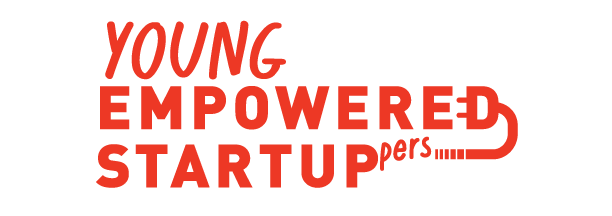Entrepreneurial mind shifts, what they are and how you can explore them with your students.
Entrepreneurs own a portfolio of mind shifts that are key to their success and ability to innovate. Mind shifts are specific ways to view things or ways of perception. Entrepreneurs use mind shifts to intentionally alter their perspective and tap into their innovative thinking. There are three key mind shifts that are helpful for entrepreneurs that are easily brought into the classroom and to your students.
Convergent Thinking to Divergent Thinking
Convergent thinking is a focused methodical approach to problem solving that seeks to find or refine a single solution (Merriam-Webster). It is an important part of problem solving, however new ideas and innovation are often born through divergent thinking. Divergent thinking follows multiple lines of thought and is broad and open, promoting new and original solutions to problems (Merriam-Webster).
- 25 different uses for a paperclip: Have students brainstorm and explore 25 different ways to use a paper clip, focusing on coming up with as many ideas as possible instead of validating them as they go.
- Lateral thinking puzzles and riddles: A simple search of google will reveal a bounty of lateral thinking puzzles. Here is one of the classics to get you started, the answer is at the bottom (don’t cheat, give them a try!). There is a scarf, pile of charcoal, and a carrot on the ground. There are no signs of anyone around and no one placed them there. How did this happen?
Perfection to Getting Messy
Sometimes instead of being hung up on details and getting something perfect from the start we need to try something out and get feedback as we go. This provides for more learning experiences and when it comes to product development it lets you collect information on the riskiest pieces of your business before investing a significant amount of time or money in the venture.
- Share your own experience: Share a story with your class about a time when something didn’t go according to plan and in the end, it provided a better learning opportunity. Then have students write their own experience of something similar.
- Sharpie and line drawing: Give each student a sharpie and have them start writing a story (no editing), or drawing. They will have to embrace their mistakes, instead of erasing them and starting over. It is best if each of them only receives one sheet of paper for the activity.
- Difficult questions: Give students difficult questions or hypotheses that they will unlikely know the answer to. Instead of being set on finding the right answer encourage them to guess and work through the idea, emphasizing that they don’t need to find the perfect answer and instead discover a possible answer.
Fixed Mindset to Growth Mindset
A fixed mindset is held by individuals who often give up when they fail at a task instead of trying again. In contrast, those with a growth mindset will learn from their mistake and try again. Someone with a growth mindset is resilient, perseverant, and determined.
- Assignments that allow students to try again: Create assignments based on effort and students learning from their mistakes. For these assignments have the evaluation on the process and progress instead of only the result.
- Reward students for stepping out of their comfort zones: Encourage students to try new things and pick difficult tasks to challenge themselves, reward them for stepping out of their comfort zones.
Check-out these items and articles we’re loving
We are hosting a Summer Startup Camp: The YES Team is bringing the innovation and startup journey to youth 15-18 through a virtual camp. Students can join anytime and go at their own pace with 1-1 mentorship when they need it. They walk away with key entrepreneurial skillsets, a micro-credential, and authenticated transcript. To learn more e-mail [email protected]
Free innovation tools: There are a variety of tools to choose from that you can easily print out and bring to your class. https://www.boardofinnovation.com/tools/
Spark Path Cards: A new approach to discovering a career, students look at real-world challenges that they resonate with, not job titles. https://mysparkpath.com/pages/about
